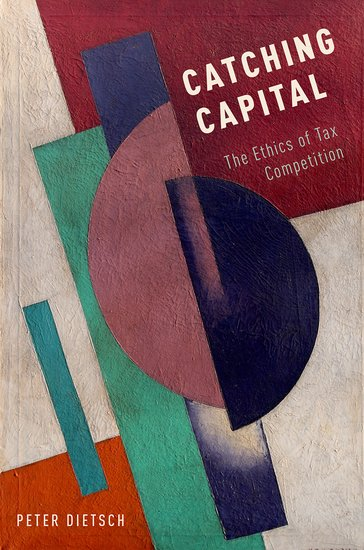Newcastle University & Durham University, 14-15 December 2016
Labour market injustice is a pressing problem both domestically and globally. None the less, there continues to be considerable disagreement about how to understand and locate the moral concerns involved. Many commentators understand labour market injustice in interactional terms, viewing it as a problem with the wage or contract terms employers offer their workers. But, there is also an emerging trend towards thinking about it in more structural terms. One such thread involves conceptualising labour market injustices as systemic problems, such as understanding exploitation or discrimination as group-to-group phenomena. Another thread involves articulating proposals to prevent labour market injustices through institutional and policy level responses.
This workshop will operate as a detailed discussion of a set of works-in-progress that consider these emerging angles on (domestic and global) labour market injustice. We invite submissions grounded in any area of political theory, including both applied work and more theoretical or methodological contributions, and also papers that consider the intersection with importantly related disciplines, such as law and economics. Topics may include, but are not limited to, areas such as:
- Labour rights
- Discrimination
- Work-life balance
- Business organisation
- Supply chains
- Brain-drain
- Exploitation
Confirmed participants
- Anca Gheaus (University Pompeu Fabra, Barcelona)
- Martin O’Neill (University of York)
Workshop Organisers
- Elizabeth Kahn (Durham University)
- Tom Parr (University of Essex)
- Andrew Walton (Newcastle University)
Submissions
Abstracts of up to 500 words, accompanied by contact details and institutional affiliation, should be sent to andrew.walton@ncl.ac.uk by 30th September 2016. We will notify accepted papers by 14th October.
For further information, please contact andrew.walton@ncl.ac.uk, tparr@essex.ac.uk, or elizabeth.kahn@durham.ac.uk

 inevitable acceptance of voluntary and, then, involuntary and non-voluntary euthanasia
inevitable acceptance of voluntary and, then, involuntary and non-voluntary euthanasia

